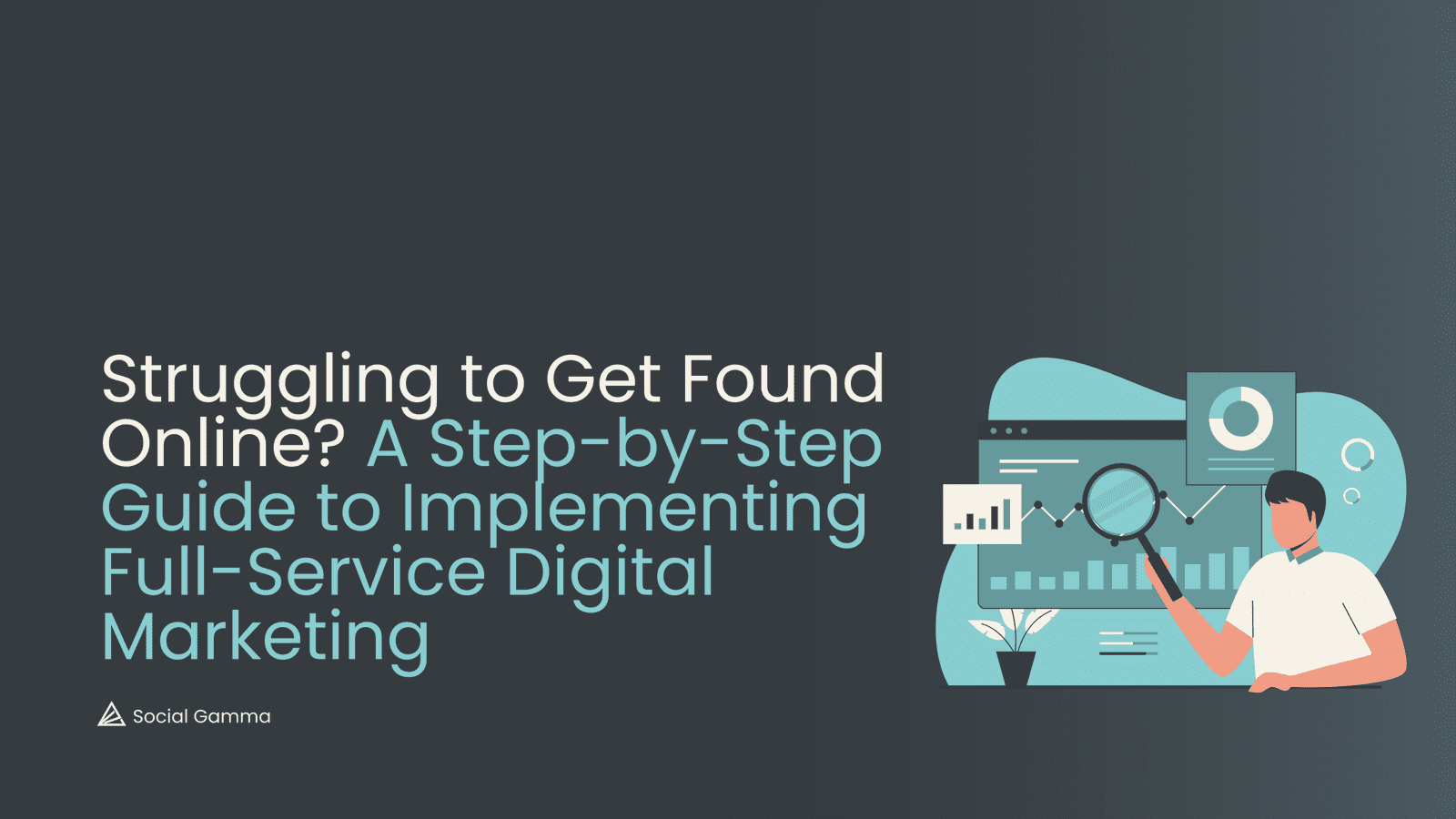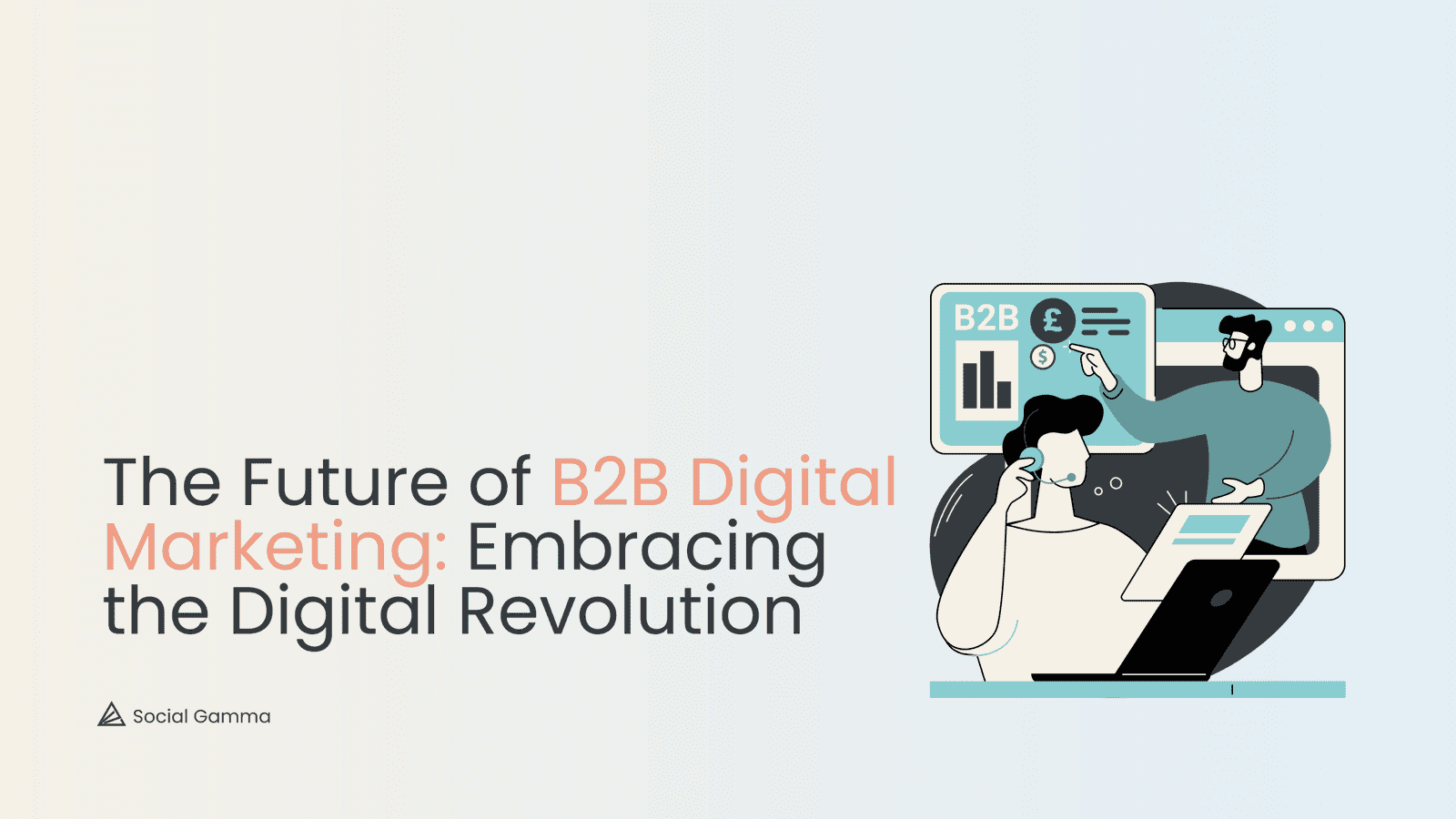Many marketers around the world are quick to start advertising their clients’ products and services as soon as they have a campaign in mind, usually developed after brand research and brainstorming sessions on how to position themselves best within the digital space.
While every industry has its own set of obstacles, the healthcare sector is particularly challenging due to its nature. Having to manage patient data privacy and expectations, as well as treatment results, means that the advertising campaigns must adhere to the law, policies and ethical rules of the medical field.
We see more and more young entrepreneurs, doctors, specialists and institutions trying to gain a competitive advantage for their business, especially on social media and other digital channels. However, healthcare advertising became possible quite recently, with 1977 being the first year when this was legally allowed, which was also the year when the American Hospital Association sponsored its first symposium on marketing.
Healthcare digital advertising spend will overtake healthcare TV ad spend for the first time in 2021. At that time, healthcare digital advertising spend will account for 46% of all healthcare ad spend (Source: Zenith Media). Today, the digital space can be an amazing opportunity for those in healthcare to promote their businesses, products and services and even attract new investors that can help them scale their companies.
What’s more, according to Source, 41% of users say that social media affects their choice of a specific doctor or medical facility. This is why I believe that it is important for anyone interested in medical advertising to become aware of the additional restrictions we face when trying to activate digital campaigns and I would like to share a top 10 things you should avoid when advertising for companies in the healthcare industry:
Contents
Violating the HIPPA Laws Or Data Protection Act
If you’re advertising in the United States, you need to keep in mind that all your advertising materials must adhere to the HIPPA(Health Insurance Portability and Accountability Act) laws which cover 3 main types of requirements: administrative, physical and technical.
These cover everything from back-up data to ensure you have an emergency plan for disasters that could lead to loss of information, data access restrictions or encrypting files. One of the most common HIPPA violations is sharing confidential information which can result in a lawsuit or a hefty fine.
In the UK, we have something similar called the Data Protection Act and this is an implementation of the GDPR (General Data Protection Regulation). With these sets of policies, marketers need to ensure they are using personal data fairly, lawfully and transparently and only for explicit purposes, in a way that is adequate, relevant and limited to only what is necessary. The information that is being shared must be accurate and, where necessary, kept up to date. It must also be handled in a way that ensures appropriate security, including protection against unlawful or unauthorised processing, access, loss, destruction or damage.
Beware Of The Area You Are Advertising In
As a continuation of the previous discussion, it is crucial to understand that even if you are a marketer activating campaigns from the UK, you have to be aware of any potential regulations in the area that you are targeting with your advertising.
Some areas are prohibiting certain terms, while others are less restrictive and allow you to use synonyms or related words to get your message across. Online platforms are quite strict when it comes to healthcare advertising and you risk losing your account or blocking your campaigns if the ads are compliant with their own terms and conditions. You should always check their guidelines for healthcare and medical advertising to keep up with any updates.
Is It Really A Specialist?
In most industries, a specialist is someone who was trained within a certain area or simply has extensive experience in his field. As an example, a person who has been working in marketing for the past 10 years and has an impressive portfolio of proven results for their clients, could surely be called a marketing specialist.
When it comes to healthcare, things are a bit different and someone becomes a specialist after achieving a certification which is typically recognised by health institutions, associations or others. Therefore, using the term ‘specialist’ can get you in a lot of trouble if that is not the case.
Are You Talking About A Patient?
Going back to HIPPA or the Data Protection Act for a moment as this particular topic seems very important to those who are trying to advertise products or services and would like to use patient examples and stories.
Believe it or not, there are so many ways in which you can reveal patient information that can result in patient identification, that it’s simply not worth risking. Ever. As a marketer, I understand why in many cases, this can be an amazing way to promote your client’s project, however, it’s recommended to follow two simple scenarios: creating an entirely fictional persona or ask the patient to sign a no-compensation release document. These options will ensure you are following all guidelines when advertising and with this, you won’t have to worry about anything.
Unrealistic and Misleading Claims
Something that most marketers already understand is that your ads can be taken down if you are trying to mislead your target audience or make false claims about the product or service you are advertising.
With healthcare advertising, marketers need to be careful of setting up unrealistic expectations by promising, guaranteeing or even implying results. Besides avoiding terms like ‘guarantee’, ‘promise’, it is also not possible to suggest a certain result, including weight loss or health improvements. Platforms such as LinkedIn, for example, prohibits such ads, along with those “promoting unhealthy or unsafe behaviors, such as excessive consumption of an item”.
While advertising for companies in the healthcare industry can be particularly challenging, even for the more experienced marketers, staying up to date with the latest policies and laws, as well as local regulations and platform-focused rules is achievable. Also, just because it is a more restrictive area of marketing, it doesn’t mean that it has to be boring or less engaging.
For the past years, we have been working with digital health, telehealth and healthcare companies that have elevated their digital presence, secured essential investments to scale their businesses and increased conversions, as well as brand awareness through digital marketing campaigns. We understand that our clients are in need of specialised support when it comes to marketing and we are ready to help them achieve their goals digitally.

